How can markets work better for farmers?
Farmers need markets – to sell their produce and to buy the inputs they need to farm. But markets are failing small-scale farmers. Too often they don’t get a fair price for what they produce or inputs are overpriced and poor quality. Finance systems for purchases and the way they get paid don’t work well, so they struggle to pay for the services and inputs they need. To help tackle the problem, the Sustainable and Resilient Farming Systems Intensification (SRFSI) project has been exploring new business models and partnerships with the private sector.
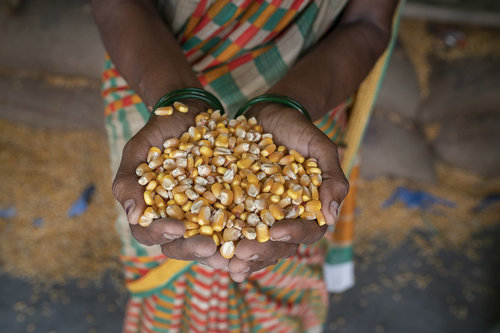
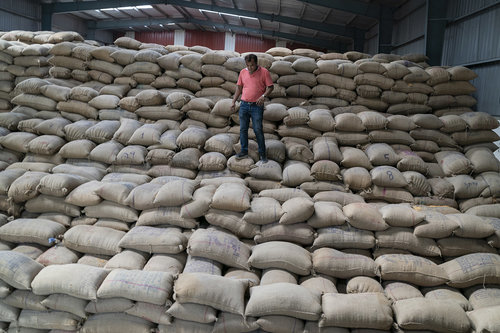
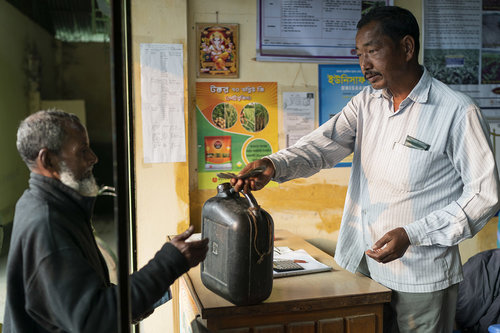
The project is being implemented by the International Maize and Wheat Improvement Centre (CIMMYT) who have been commissioned by ACIAR as part of the Australian aid Sustainable Development Investment Portfolio (SDIP) program. SDIP works with regional partners to improve the management of water, energy and food resources in the Eastern Gangetic Plains.
One of the key strategies is to bring farmers together with business, government and researchers in platforms to innovate and create new ways of doing business that create win-wins in agricultural markets.
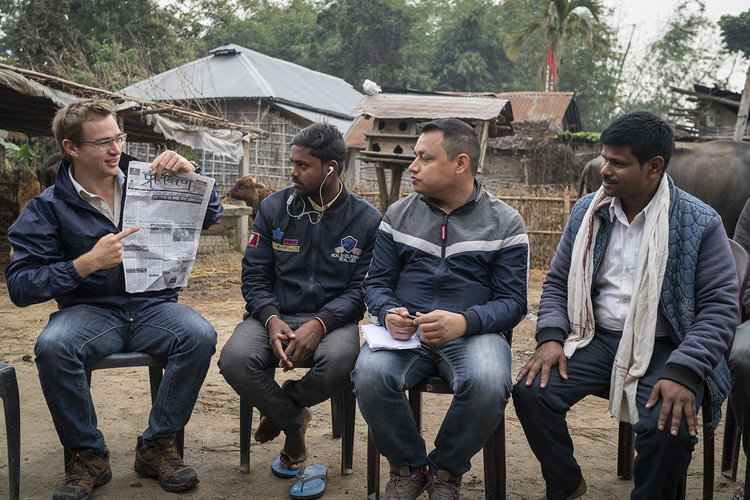
“The project works to empower farmers in their relationships with other market actors and to create financial incentives for businesses to better support farmers. One example is one-stop-shops. The model is based on building trusting commercial relations between the farmer and the inputs and service providers who are linked with the one-stop-shop.”
— Dr Brendan Brown, CIMMYT
In West Bengal, Satmile Satish Club has emerged as not just a site for training farmers in conservation agriculture but also as a platform for business innovation. Since approval from NABARD in 2015 to become a Producer Organisation Promoting Institution (POPI), the organisation now mentors a total of 37 Farmer Producer Organisations across three districts of West Bengal.
“We, Satmile Satish Club, provide custom hiring centres, machine technical support, hands-on training, and capacity building development and the different types of machinery that are there, especially the Conservation Agriculture related and Sustainable Intensification practices that are there those machines we sell to them”
— Amal Roy, Director of Satmile Saatish Club
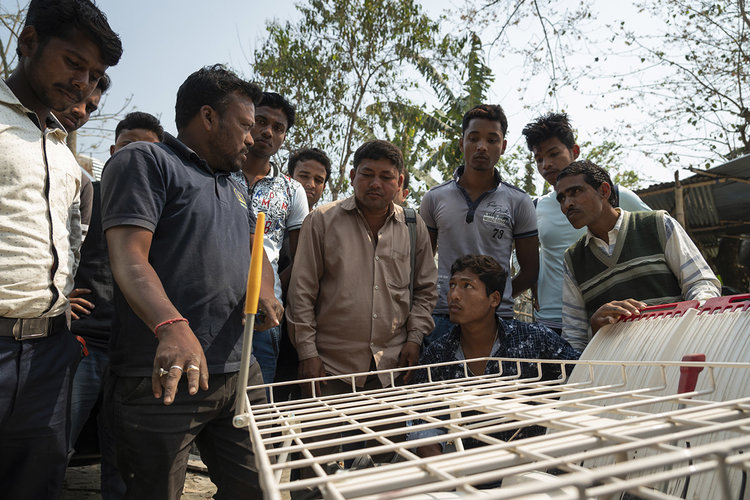
Another example of a business working to enable farmers is AgRevolution in Bihar, an innovative new start up company who have developed the DeHaat model. The DeHaat model connects farmers to the latest technologies, provides technical advice, crop inputs and a market for produce.
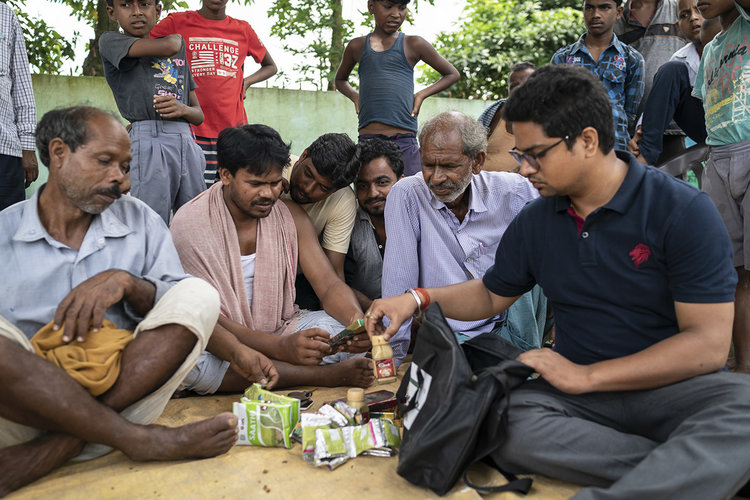
“Where our strength lies is in providing better inputs at right time, at right quality, and at right price.”
— Amrendra Singh, DeHaat
In Bangladesh, agriculture companies have developed relationships with farmer run small shops, that sell agricultural inputs and share knowledge with other local farmers. The farmer run small shops were established as part of innovation hub that emerged in a number of villages across Bangladesh where the SRFSI project was being implemented.
CASI farmers Robi Mardi and wife Pranati Murman are strong supporters of the new farming practices, and in addition to farming their own land they also run one of these such shops in Mohonpur Village, Rangpur District, Bangladesh. Their shop recently became certified to sell fertilisers and pesticides which has increased their capacity to stock a broader range of products for farmers.
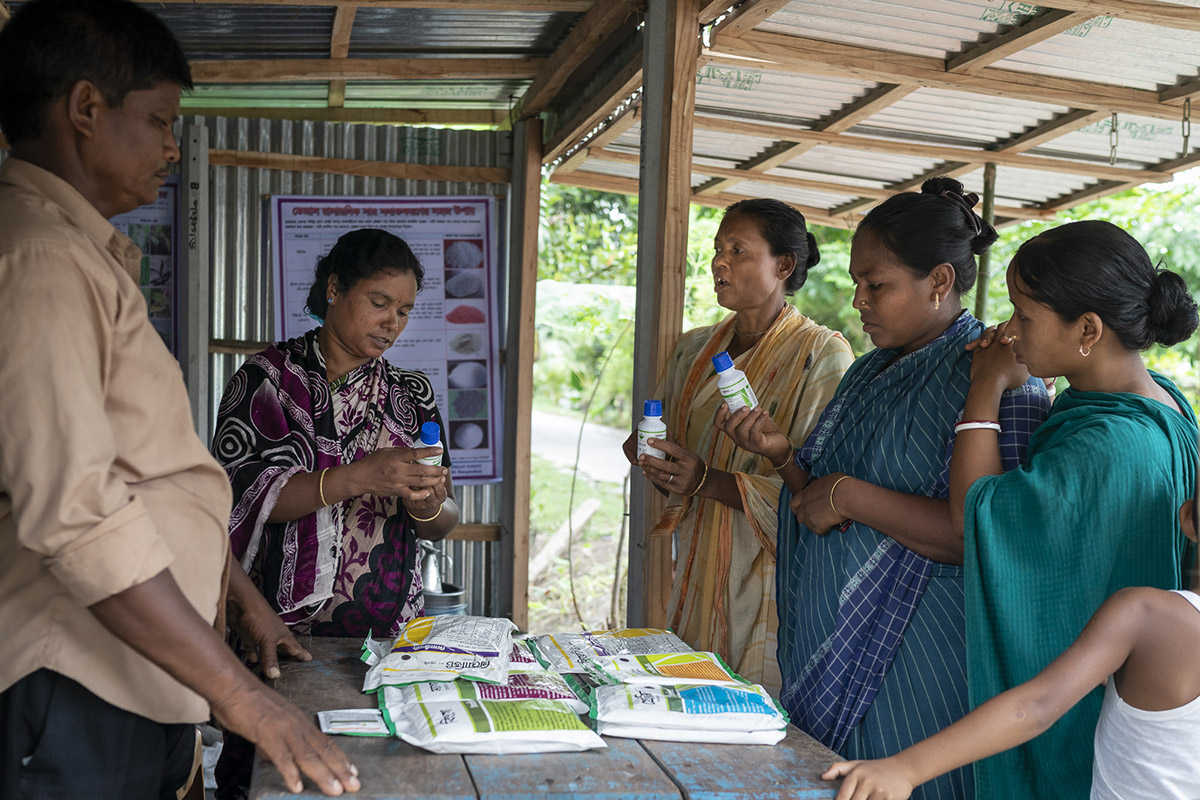
These examples from Bangladesh, West Bengal and Bihar highlight how the SRFSI project is working to create a win-win scenario for farmers, input suppliers and traders of farm produce.